Adhesives are an essential part of modern life, helping to bond materials together in everything from simple home repairs to industrial construction projects. With so many different types available, choosing the right adhesive for your specific needs can be challenging. This guide will provide an overview of the most common types of glues and adhesives, their properties, and their best applications, helping you make an informed decision.
1. White Glue (PVA Glue)
Polyvinyl acetate (PVA) glue, commonly referred to as white glue, is perhaps the most widely recognized adhesive. It's the typical school glue, non-toxic and water-based, making it a safe choice for children and casual crafts.
Best Applications:
- Paper, cardboard, and crafts
- Woodworking projects that don't require high durability
- Minor household repairs
Advantages:
- Easy to use and clean up
- Safe for all ages
- Affordable and widely available
Disadvantages:
- Not waterproof
- Limited strength and durability
2. Epoxy Adhesives
Epoxy adhesives are a two-part system consisting of a resin and a hardener that, when mixed, form a strong and durable bond. Epoxies are used in a wide range of applications, from industrial settings to household repairs.
Best Applications:
- Metal bonding
- Automotive repairs
- Boat and marine applications
- Heavy-duty home projects
Advantages:
- Extremely strong and durable
- Resistant to water, chemicals, and heat
- Bonds with a wide variety of materials, including metal, plastic, and wood
Disadvantages:
- Requires precise mixing and careful handling
- Longer curing time
3. Super Glue (Cyanoacrylate)
Cyanoacrylate adhesives, more commonly known as super glue, provide a quick and strong bond for various materials. This type of glue is known for its fast-drying properties, making it ideal for emergency repairs or small jobs that require a quick fix.
Best Applications:
- Bonding small objects
- Jewelry repairs
- Plastic, ceramic, or rubber
- Glass and metal repairs
Advantages:
- Extremely fast setting
- Forms a strong bond on small surfaces
- Easy to use for precise application
Disadvantages:
- Bonds skin easily, so caution is needed
- Not suitable for large surfaces or heavy-duty applications
- Less durable under exposure to moisture and heat
4. Hot Glue
Hot glue, or hot melt adhesive (HMA), is used with a glue gun, heating the glue stick until it becomes molten and easily applied. Hot glue is widely used for crafting, home décor projects, and lightweight repairs.
Best Applications:
- Arts and crafts
- DIY home décor projects
- Light repairs
Advantages:
- Quick drying
- Versatile and easy to use
- Ideal for a wide range of materials
Disadvantages:
- Not strong enough for heavy-duty applications
- Prone to melting under high temperatures
5. Contact Cement
Contact cement is a powerful adhesive used when both surfaces need to be bonded instantly upon contact. It is applied to both surfaces and allowed to dry before pressing the surfaces together.
Best Applications:
- Wood and veneer projects
- Laminate and countertops
- Upholstery
Advantages:
- Strong bond that resists water and heat
- Ideal for large surface areas
- Permanent, long-lasting adhesion
Disadvantages:
- Requires careful application
- No room for error in alignment, as it bonds instantly
6. Silicone Adhesives
Silicone adhesives are a popular choice for sealing and bonding in construction and household applications. They are water-resistant and flexible, making them ideal for sealing joints or bonding materials exposed to varying temperatures or weather conditions.
Best Applications:
- Glass, ceramic, and metal bonding
- Sealing windows and doors
- Bathroom and kitchen seals
Advantages:
- Waterproof and weather-resistant
- Flexible and durable
- Bonds with a variety of materials
Disadvantages:
- Longer curing time
- Not as strong as epoxy or cyanoacrylate for structural repairs
7. Polyurethane Glue
Polyurethane glues are incredibly versatile, forming a strong bond with wood, metal, glass, ceramic, and even some plastics. It cures in the presence of moisture, which makes it unique among adhesives.
Best Applications:
- Outdoor woodworking
- Metal-to-wood bonding
- Moisture-prone environments
Advantages:
- Extremely strong and durable
- Expands as it cures, filling gaps
- Resistant to water and heat
Disadvantages:
- Expands, which can cause overflow
- Requires clamping during the curing process
Conclusion
Selecting the right adhesive depends on the materials you're working with, the strength you need, and the environment the adhesive will be exposed to. For household projects and crafts, PVA glue or hot glue might be sufficient. However, for industrial-strength bonds, adhesives like epoxies, polyurethane, or specialized products from brands like Loctite offer the durability and resilience required for challenging applications.
When in doubt, reading the product specifications and recommendations will guide you toward the best choice. Whether you're fixing a broken item, working on a craft project, or undertaking a significant construction repair, there's a glue or adhesive perfectly suited for the task.

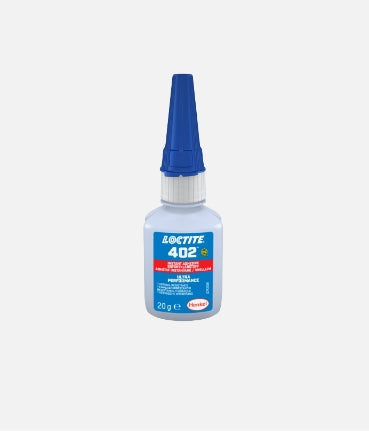
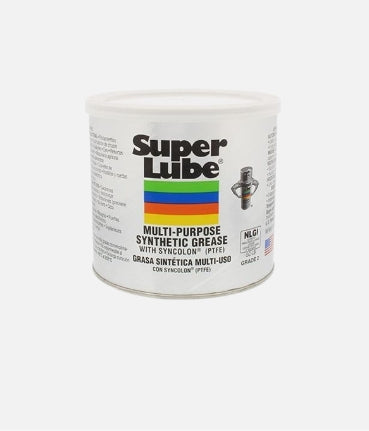
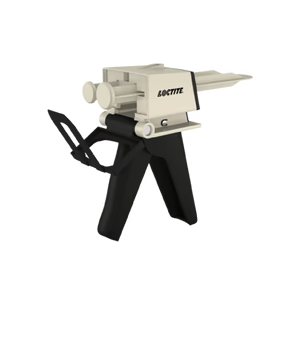
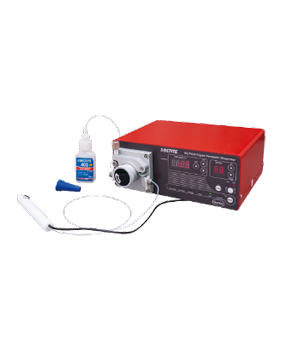


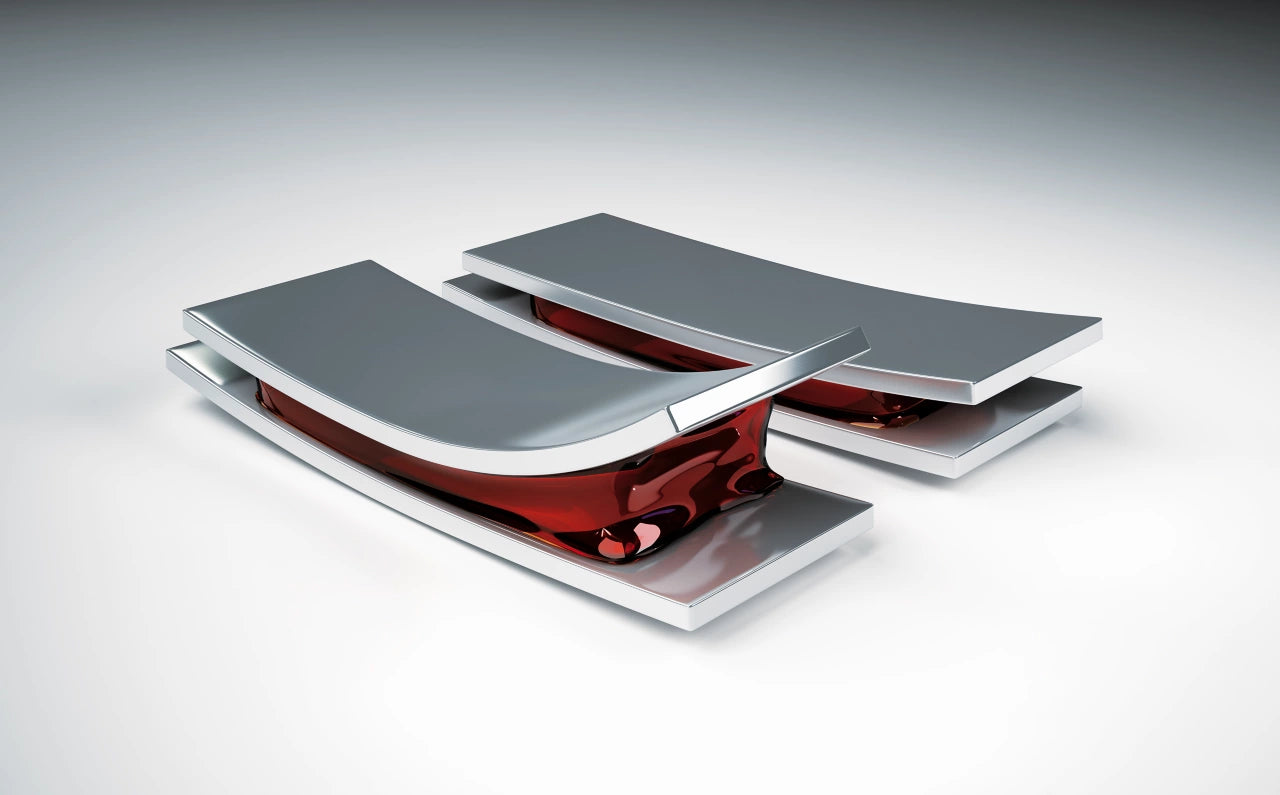
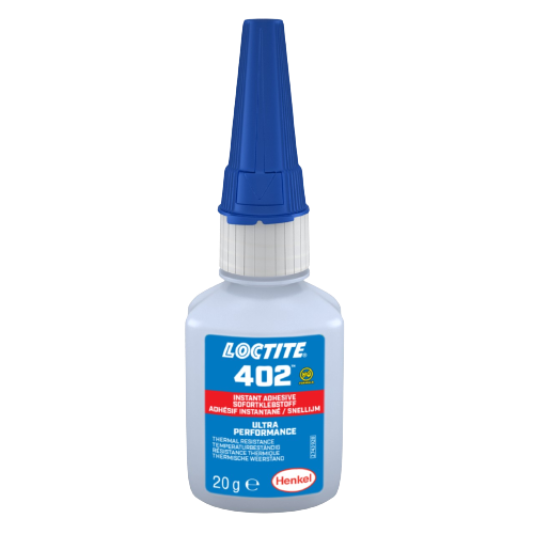
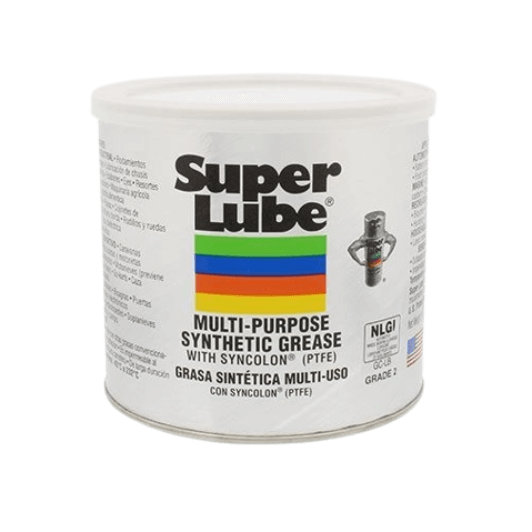
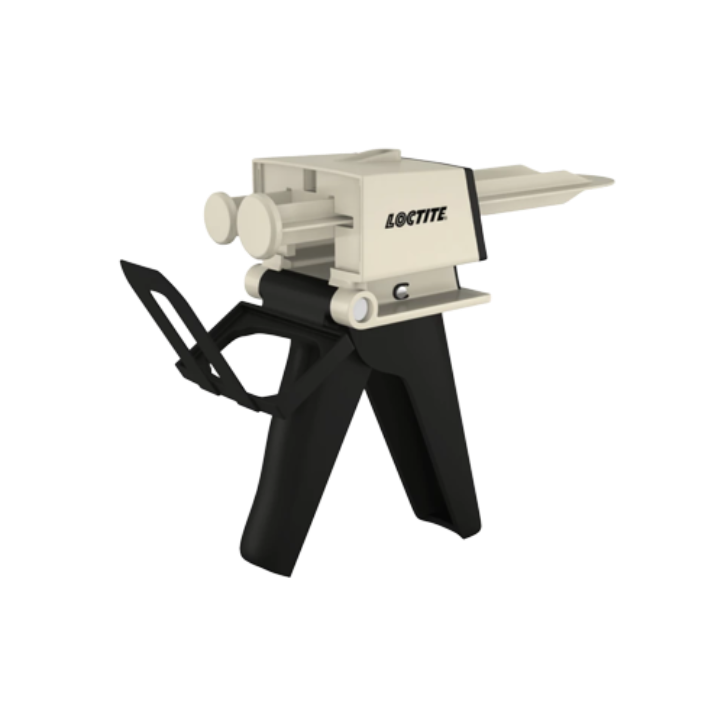
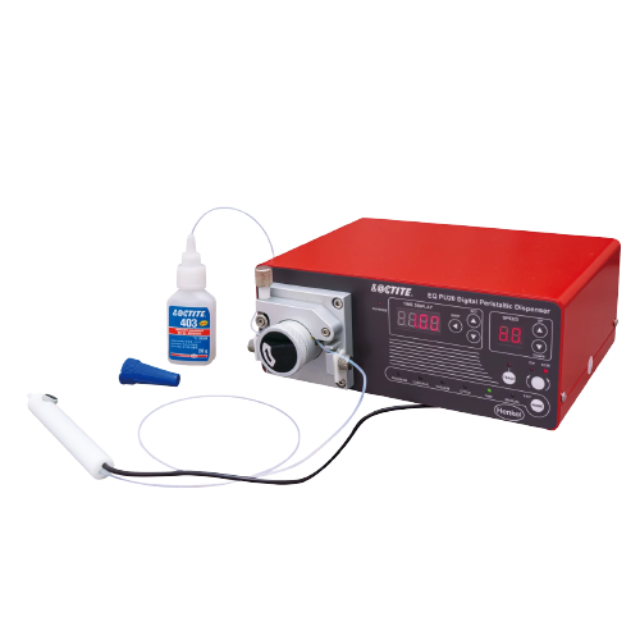
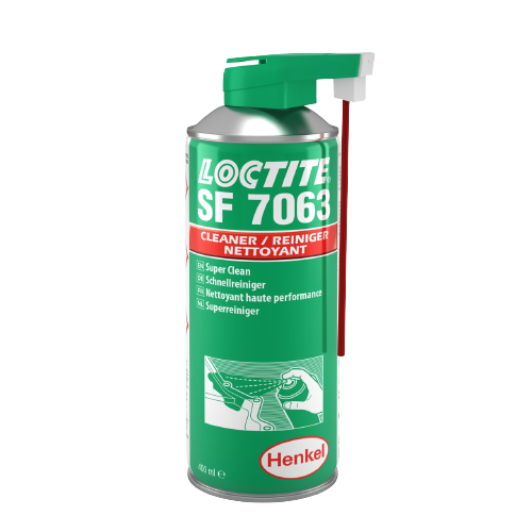
Leave a comment
All comments are moderated before being published.
This site is protected by reCAPTCHA and the Google Privacy Policy and Terms of Service apply.